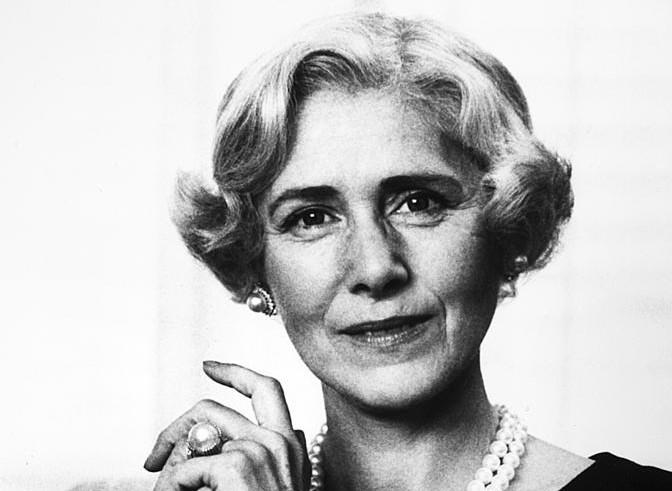At the age of 10, the father of Clare Boothe Luce (1903–1987), William Boothe, left her and her mother, Anna Clara Snyder, and brother, David, to fend for themselves. The family moved back to New York City, where for two years Luce worked stage plays to help her mother pay the bills. At 12, the family had saved enough money to send her to the Cathedral School of St. Mary on Long Island and Miss Mason’s School in Tarrytown.
She grew up armed with a quick wit and sarcastic sense of humor. As her schooling progressed, so did her writing ability. She was a beautiful and charming girl who, at the age of 20, caught the eye of 43-year-old millionaire George Brokaw. The two married and had a daughter, but their marriage lasted only six years. Her divorce in 1929 resulted in a large financial settlement, but she hardly favored the world of wealthy socialites. She desired to prove she could make it on her own and went to work as a caption writer for Vogue. By 1931, she joined another Condé Nast publication, Vanity Fair, writing satirical pieces about high society. Two years later, she became the magazine’s managing editor.






